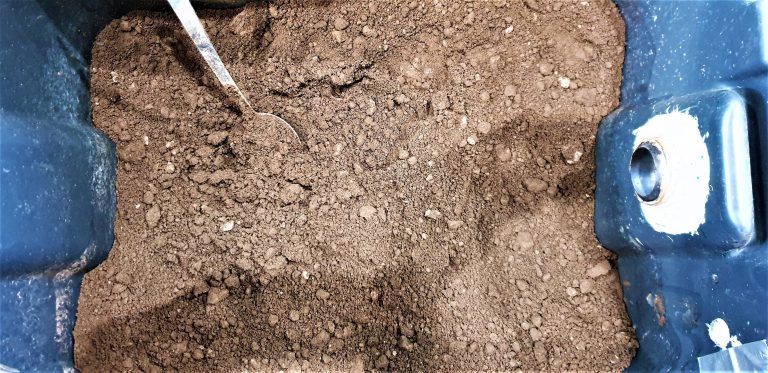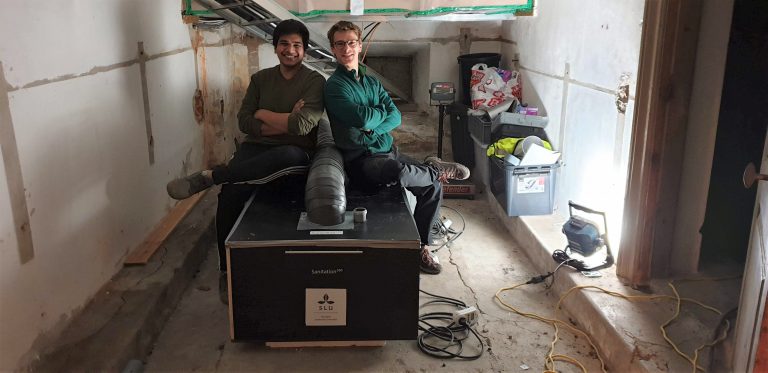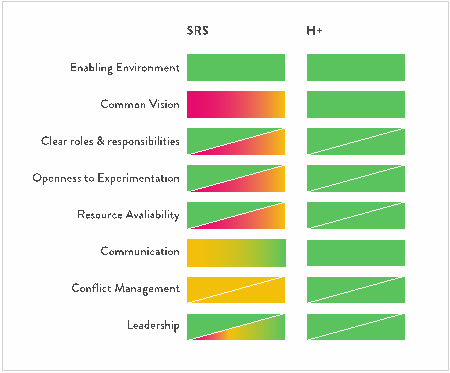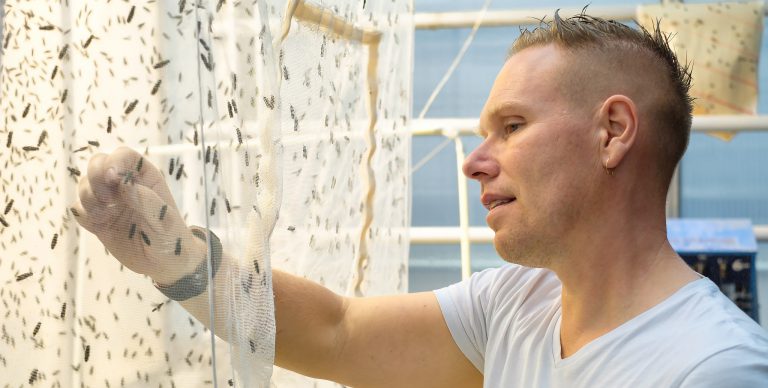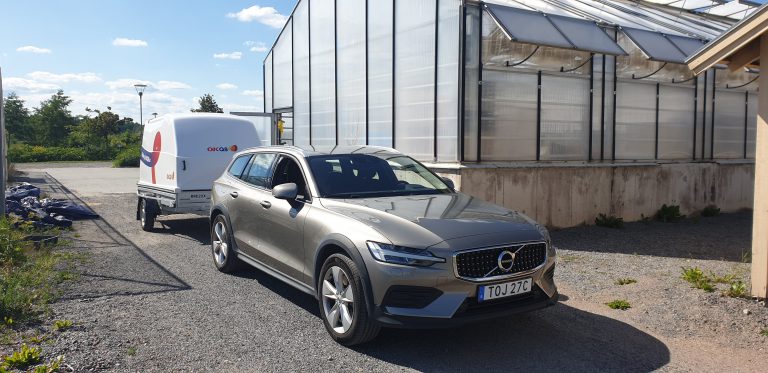
Efter det framgångsrika omarbetandet av MORTTI-projektet som ledde gruppens urinsorteringsteknik under fältsituationer för första gången, så är vi återigen i Finland igen i veckan. Den här gången kommer vi att konstruera, installera och integrera en urindehydrator med – en torr urinal och en urinledande spoltoalett. Systemet är planerat att installeras på Lielahtis herrgård i Hiedanrantaområdet i Tammerfors och är utformat för att behandla nästan 25 liter färsk urin / dag under en period på 3 månader. Projektet genomförs av vår grupp och Sanitation360, gruppens högskolebaserade startföretag som arbetar med urinsortering. Våra partners i projektet omfattar Tammerfors stad, Tammerfors tekniska högskola och Finlands miljöinstitut. Fler uppdateringar kommer!

